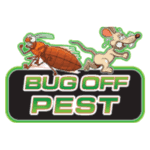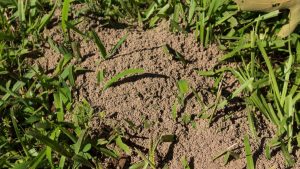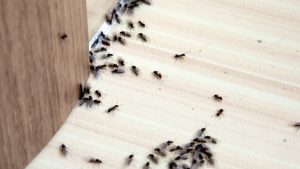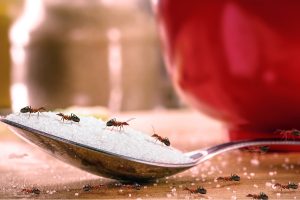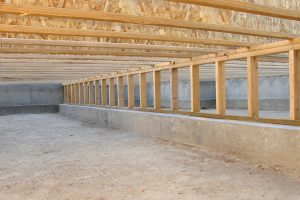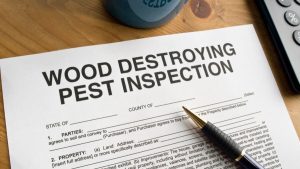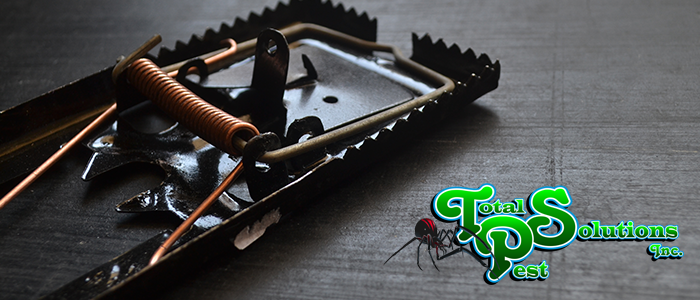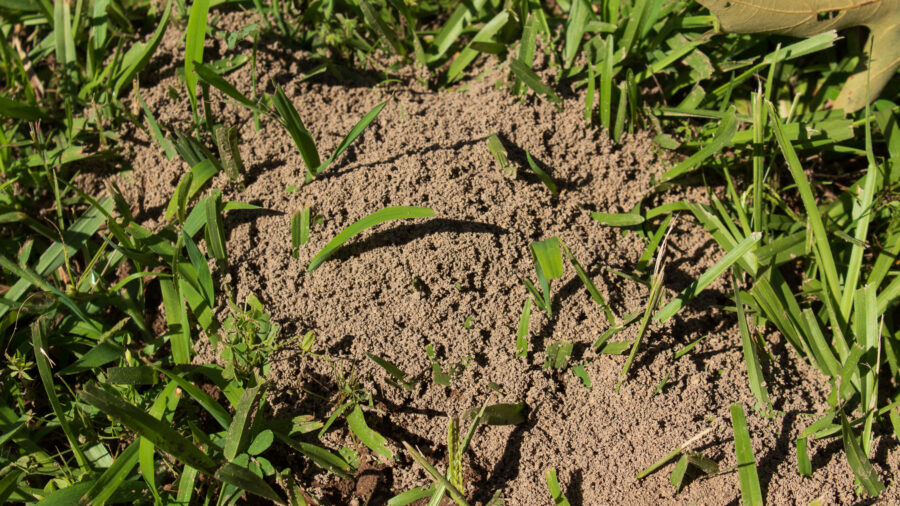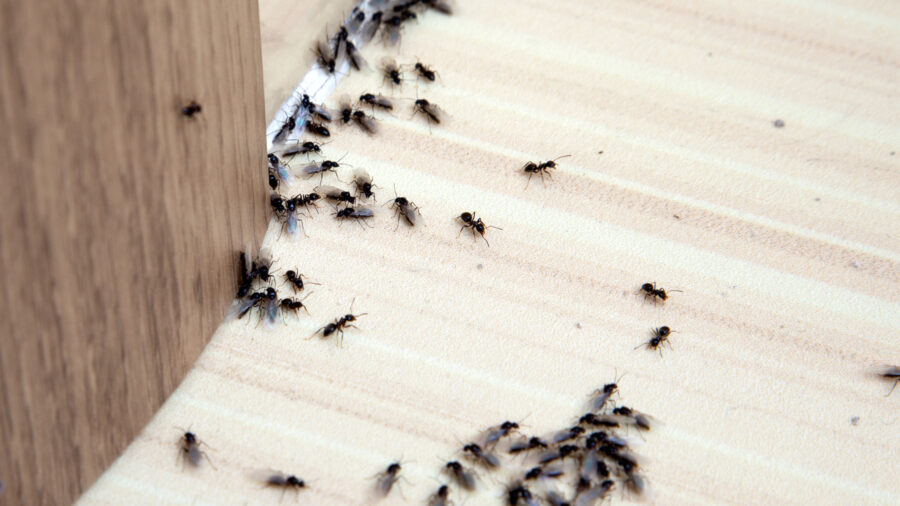Florida’s warm climate and plentiful sunshine have made it a popular destination for people all over the world, but that same warmth also attracts spiders. The eight-legged creatures called spiders are fascinating, but you certainly don’t want to share your home with them — especially the venomous ones. Knowing what you’re dealing with is half the battle! Keep reading to learn more about some of the most common native spiders you might find in your home, yard, or business.
Florida’s Native Non-Venomous Spiders
Fortunately, there are many more non-venomous than venomous spiders here in our area—if we were to list all of them, the list would be endless. Here are a few common ones that you should familiarize yourself with if you come across them:
False Black Widows
One way to tell the difference between black widows and false widows is color: False black widows are actually brown, not black. Additionally, they lack the characteristic red hourglass shape on their abdomens that gives away true black widow spiders. They are distant cousins of the black widow and, while they will bite if provoked, their bites carry no venom and are harmless.
Funnel Weaver Spiders
Although funnel weaver spiders are unlikely to enter your home, they can be startling when you come across them outside. The main difference between these species and brown recluse spiders is that the funnel weavers have hair.
They build tangled webs that take the shape of a funnel and often can be found over the entrance to an animal’s burrow. A bite from one of these spiders might result in a painful welt, but it is unlikely cause serious medical concerns.
Wolf Spiders
Like the funnel weaver, wolf spiders are often mistaken for brown recluses—unlike their unfortunate cousins who also share a name with them (but have no hair on their bodies), these hairy arachnids do. While funnel weavers weave webs to catch prey, wolf spiders hunt their food. They are also more likely than funnel weavers to enter human habitations and therefore may be encountered by people much more frequently.
Florida’s Native Venomous Species
Although most spiders use venom to immobilize their prey, only a few species are dangerous enough to harm humans. However, there are a group of dangerous spiders in Florida—those that inject enough poison into the bloodstream to potentially kill people with allergies or weakened immune systems.
Brown Recluse
The brown recluse’s violin-shaped mark on its back makes it easily noticeable. Unlike other spider species, such as funnel weavers and wolf spiders that have hair, the brown recluse has not been known to possess any bristles at all. These arachnids rarely venture into human dwellings, so you’re more likely to find them in out-of-the-way places like attics, storage areas, and sheds.
Black Widow
There are two species of black widow that are native spiders in Florida: the southern and northern. Though the presence of red dots on their abdomens and the break in the middle of an hourglass may visually distinguish one from another, both are equally dangerous when it comes to how they affect humans. Although the discovery of antivenom makes a bite from a venomous spider unlikely to be fatal, it can still cause unpleasant side effects.
And, if you want to get rid of these pesky critters, look no further than Total Pest Solutions.
The post Florida’s Native Spiders appeared first on Welcome to Total Pest Solutions Inc..
